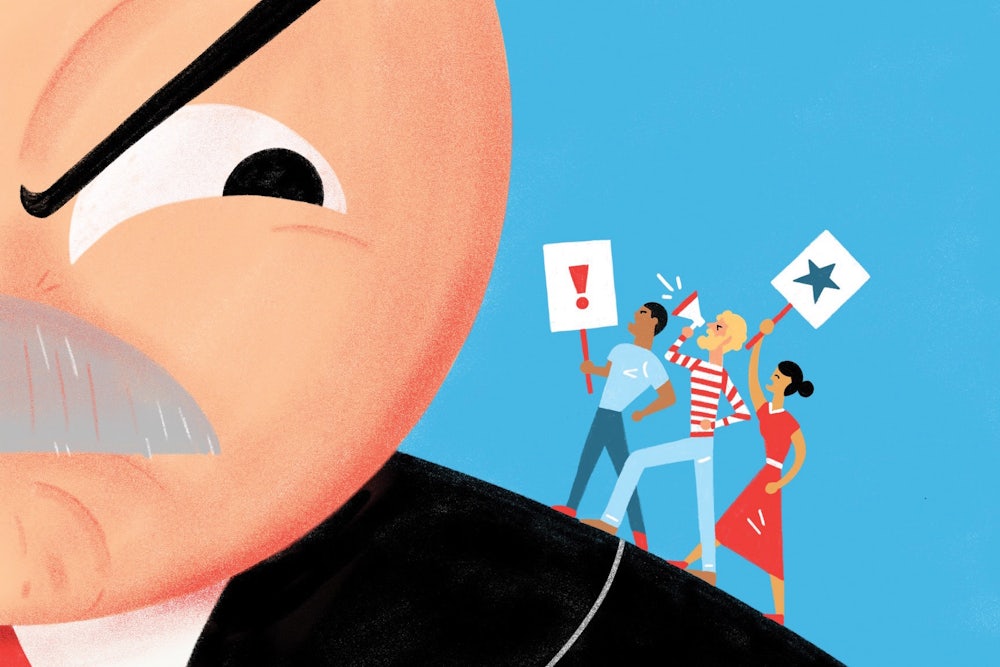In the wake of the rise of Trump in the US and the Brexit vote in the UK, many in commentariat are declaring that we have too much democracy in the West. The aggrieved working and middle classes, goes the argument, are voting their countries into economic ruin and political irrelevance. But as Astra Taylor writes in the New Republic, this is the exact reverse of the real problem. It’s the lack of popular influence over economic and political policies that is driving voters into the hands of demagogues. Here’s an excerpt from the piece:
The argument that Trump, Sanders, and their respective constituencies are two sides of the same benighted coin gained currency, in part, because it lets elites off the hook. It’s a way to rationalize clinging even more vehemently to a ruinous, oligarchic status quo—democracy be damned. But here again, it gets things backward. Protests and populist political movements, after all, are signs that people have been locked out of structures of governance, not that they have successfully “hijacked” the system. Elitists plead for more reason in political life—and who can disagree with that, in principle? But their position itself is not entirely rational.
In a widely circulated cover story in The Atlantic, Jonathan Rauch rallied to the defense of those in power. “Our most pressing political problem today is that the country abandoned the establishment, not the other way around,” he complained. “Neurotic hatred of the political class is the country’s last acceptable form of bigotry.” Mass discontent, he concluded, is a “virus” that must be quarantined.
But mass discontent has already been quarantined. That’s why voters on both the right and left are so pissed off. The real challenge facing America today is the near-absence in civic life of democratic channels that run deeper than a sporadic visit to the voting booth, or the fleeting euphoria of a street protest…
There’s no quick fix for this mess. If Hillary Clinton wins in November, it will be tempting to view the ballot-box refutation of Trumpism as a restoration of political sanity. But a Clinton presidency won’t fundamentally change the conditions that led millions of Americans to turn to Trump or Sanders. The only way out is the hard way—building democratic outlets for change patiently, on the ground. We have to build durable movements that support and advance the twin causes of racial and economic justice in a lasting and meaningful manner. And we have to acknowledge that protests are a necessary but insufficient ingredient for social change: They can be galvanizing and clarifying, but, just like political campaigns, they tend to be short-lived and don’t always translate into the sustained, strategic organizing efforts we need.
Image via the New Republic.
